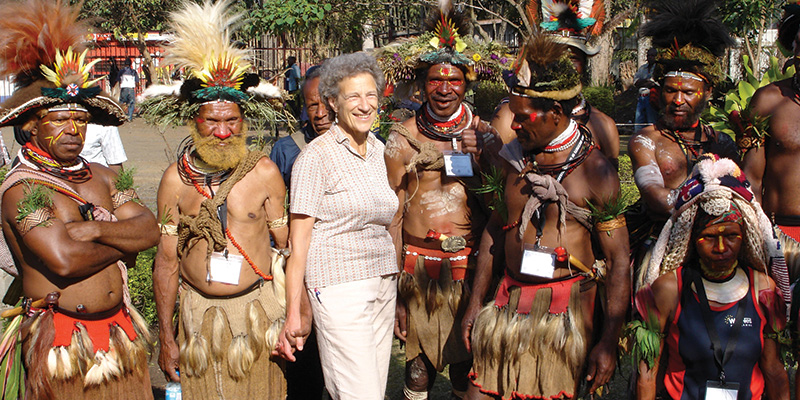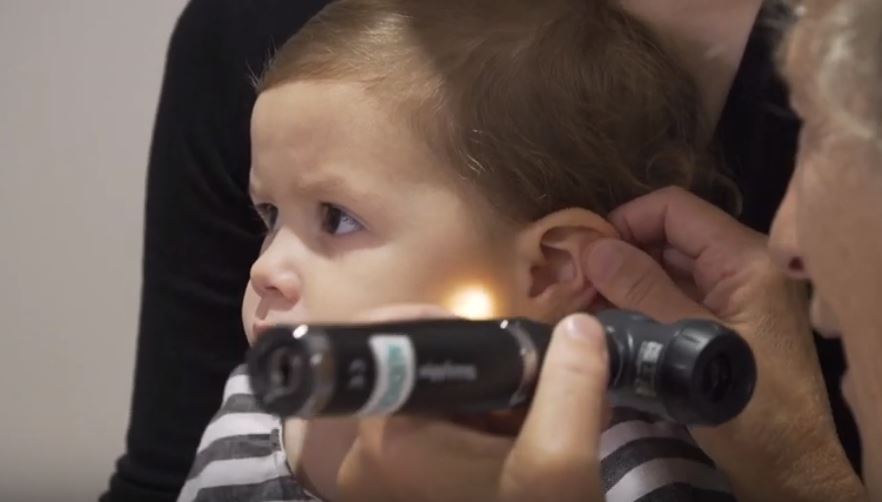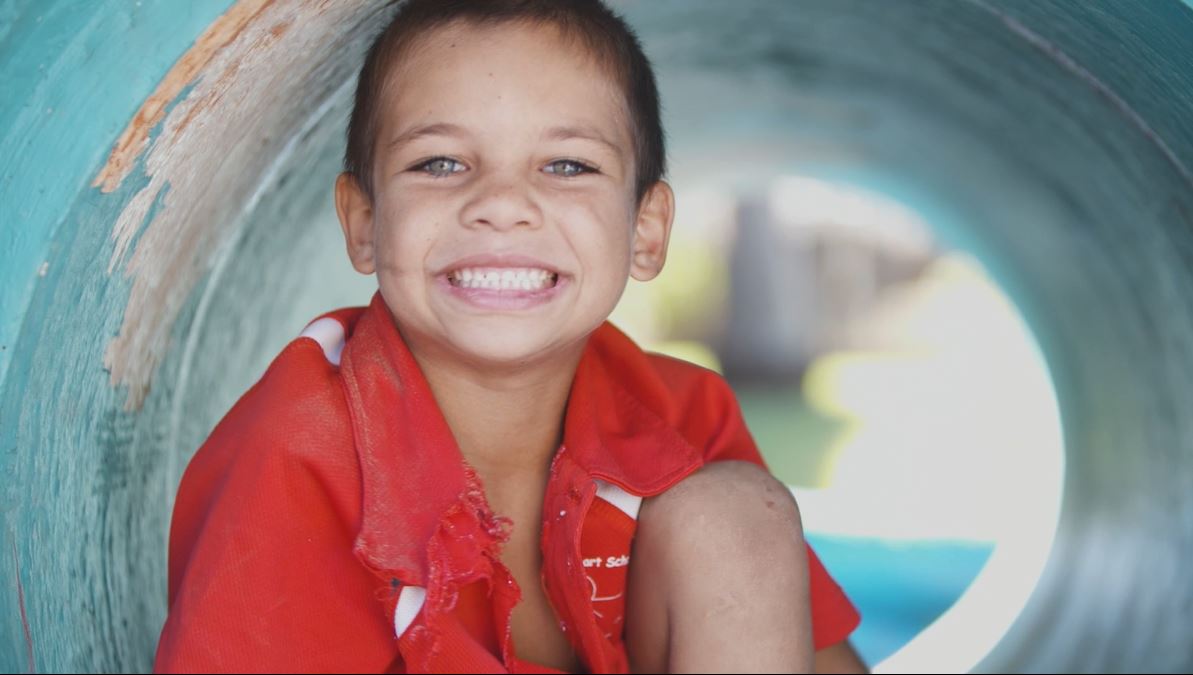Search

News & Events
Meningococcal vaccine provides extra protection for bubsIn 2017, a steep rise in cases of meningococcal disease caused by the W strain sparked a wave of concern for parents in Western Australia.

News & Events
‘Mama’ deb’s dedication to saving children in Papua New GuineaChildren living in Papua New Guinea have good reason to call Clinical Associate Professor Deborah Lehmann ‘Mama Deb’.

News & Events
Ear health partnership brings brighter future for Aboriginal kidsA new partnership between The Kids Research Institute Australia, Dr George Sim and St John of God Murdoch Hospital will offer essential surgery at no cost for a group of Aboriginal children suffering severe ear infections.

News & Events
The Kids ear health researcher takes out top science prize at 40Under40 AwardsDr Chris Brennan-Jones received the Woodside STEM Award for Excellence in Science at the prestigious 40Under40 Awards.

News & Events
Latest RSV results pave way for world-first vaccineThe Kids Research Institute Australia researchers leading the Western Australian site of a global respiratory syncytial virus (RSV) study can now fine-tune development of a world-first vaccine for pregnant mothers.

News & Events
The Kids researcher awarded Research Translation Projects grantA new research project aims to demonstrate how influenza vaccination in children could be a highly cost-effective health care intervention in Australia.

News & Events
Perth researchers one step closer to wiping out childhood ear infectionsResearchers from The Kids Research Institute Australia have identified the main bacteria responsible for recurrent ear infections and repeat ear surgeries in children.

News & Events
The Kids researchers lead national trial to fight sepsis in premature infantsThe Kids Research Institute Australia researchers will lead a new national clinical trial (COSI-2) to determine whether topical coconut oil can reduce late onset sepsis in extremely preterm infants.

News & Events
International collaboration awarded $US8 million to design world-first diagnostic tool for acute rheumatic feverResearchers from The Kids Research Institute Australia are joining forces with international experts in acute rheumatic fever (ARF) and rheumatic heart disease (RHD) to transform the diagnosis of these diseases thanks to an $US8 million grant from the Leducq Foundation.
Research
Blinatumomab as bridging therapy in paediatric B-cell acute lymphoblastic leukaemia complicated by invasive fungal diseaseInvasive fungal disease (IFD) remains a challenging complication of treatment for paediatric acute leukaemia. Consensus fungal treatment guidelines recommend withholding chemotherapy to facilitate immune recovery in this setting, yet prolonged delays in leukaemia therapy increase risk of relapse.
